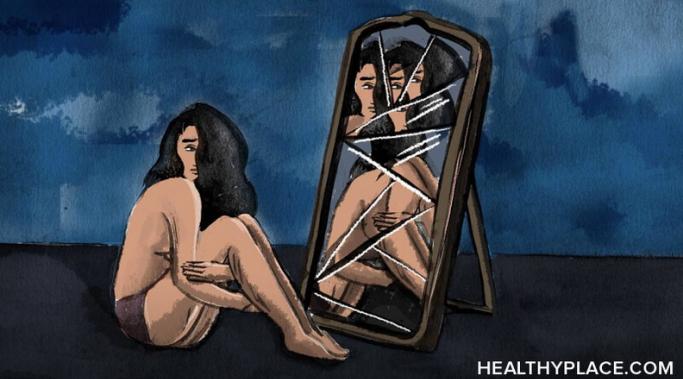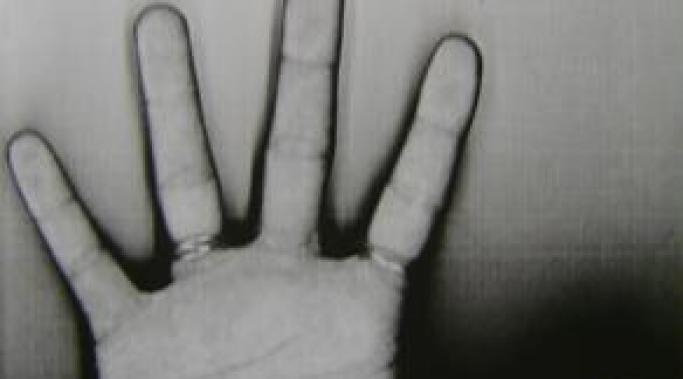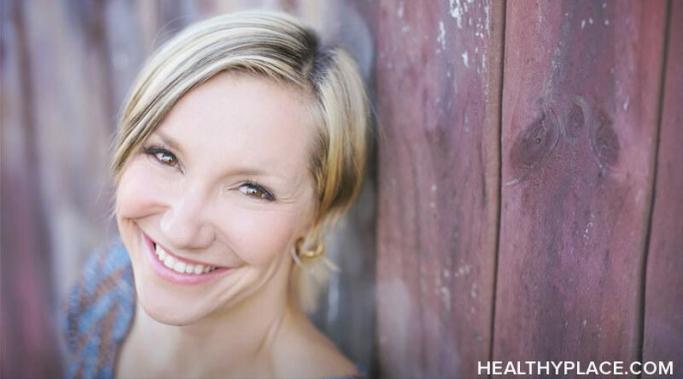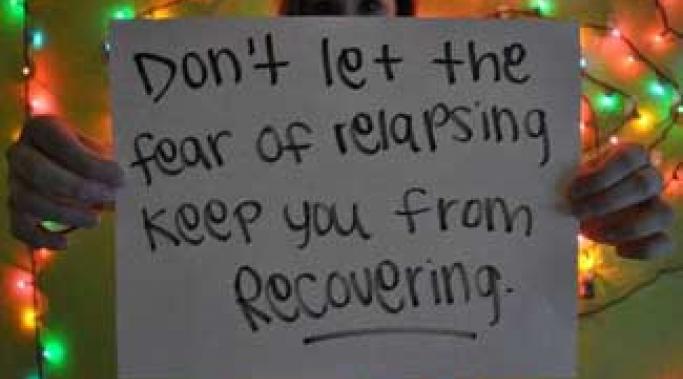All survivors have their war stories and I am no exception. In my case, the battlefield was my body and the enemy was the bully in my head, the mean girl who told me over the years I was unpretty, boring, fat, lazy and not smart. My eating disorder wasn’t a phase. It was a disease born in the corners of my mind that caused me to cycle through endless episodes of bingeing, purging and starvation.
Surviving ED
There is hardly a man or woman in the modern world who doesn’t have some area of their body that they dislike. Body image issues are not just for those of us with eating disorders. The difference is, where the normal eater might think something like, “Oh, I should watch my portion sizes or go on a walk a few days a week,” those of us with eating disorders automatically scream “Run! Starve! Binge! Purge! Get rid of every ounce of fat on your body!” This is only exacerbated by the fact that many of us with eating disorders also have body dysmorphic disorder, meaning that we have an inaccurate view of our bodies.
Speaking out about having recovered from an eating disorder has been very rewarding to me. I have been getting involved with mental health related organizations in my community and I share aspects of my life as a person who has recovered from bulimia. Writing the Surviving ED blog has been very inspiring too.
I have had an eating disorder for fully half of my life. I’ve spent nearly as many years in eating disorder treatment as I did in college. I write a blog about eating disorders and recovery. So it’s easy to believe the lie that I am Jessica, the recovering and/or relapsing anorexic. It’s easy for any of us to believe that our eating disorder is a huge part of who we are. No, not just a huge part – but who we are in our entirety.
Hello, I'm Patricia Lemoine. I'm glad to be joining Jess Hudgens in writing the Surviving ED Blog. I suffered from bulimia as a teen and in my early 20s. Undiagnosed and untreated for almost a decade, my eating disorder got out of control in 2006. I now consider myself recovered from bulimia, though I sometimes suffer from anxiety, mostly related to food. I strongly believe eating disorder recovery is possible, but it’s an everyday choice since I must manage daily anxieties by not self-harming with food restriction and/or binging.
I have been getting a lot of questions on social media and in-person about the role eating disorder therapists have played in my recovery. This week, I’d like to share a few tips that are based on my personal experience of finding the right eating disorder professionals throughout my journey. It was an essential, yet very stressful, process. I have had to switch eating disorder therapists a few times, mainly due to reasons related to insurance coverage, relocation on either my end or theirs, as well as the need to seek out more specialized care at different points in my eating disorder recovery process.
Handling eating disorder triggers is your responsibility; an on-going effort that only you can control. I realized the responsibilty again a couple of weeks ago. I attended a dinner party held by one of the mental health related organizations I volunteer for. Seated next to a prominent psychiatrist, I found myself turning down the hostess’ offer of Nutella brownies (Eating Disorder Triggers and Social Events) The psychiatrist looked at me in a funny way when I said to the hostess that I’d pass on her offer.
How does an eating disorder relapse begin?
For years, my eating disorder left me starving for more than just food. During episodes of restriction, binging and purging, I was also starving to share the truth. I was coming to the realization that I was bulimic, but I lived in fear of being labelled crazy if I spoke out. So, instead, I told myself lies, which unchecked, was a secret that could have killed me in the long run. (read: Secrets in Eating Disorder Recovery)
Last week, I shared with you some of my tips for managing eating disorder triggers when attending social events. This week, I’d like to continue by discussing eating disorder triggers related to food anxiety and how to avoid and cope.
Feeling triggered during social events? So am I! Eating disorder triggers seem to come from every direction, but is there anything you can do about them?









